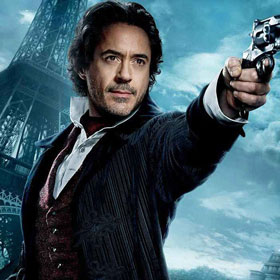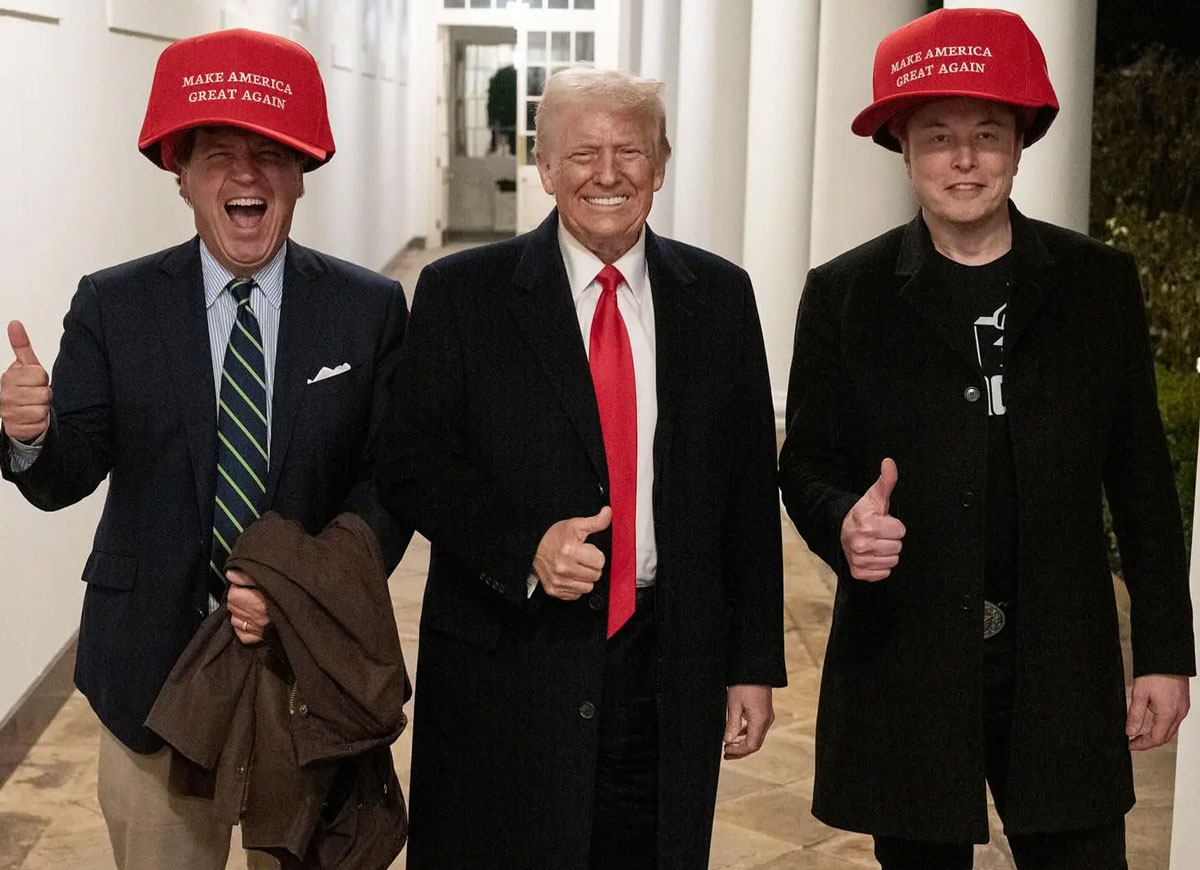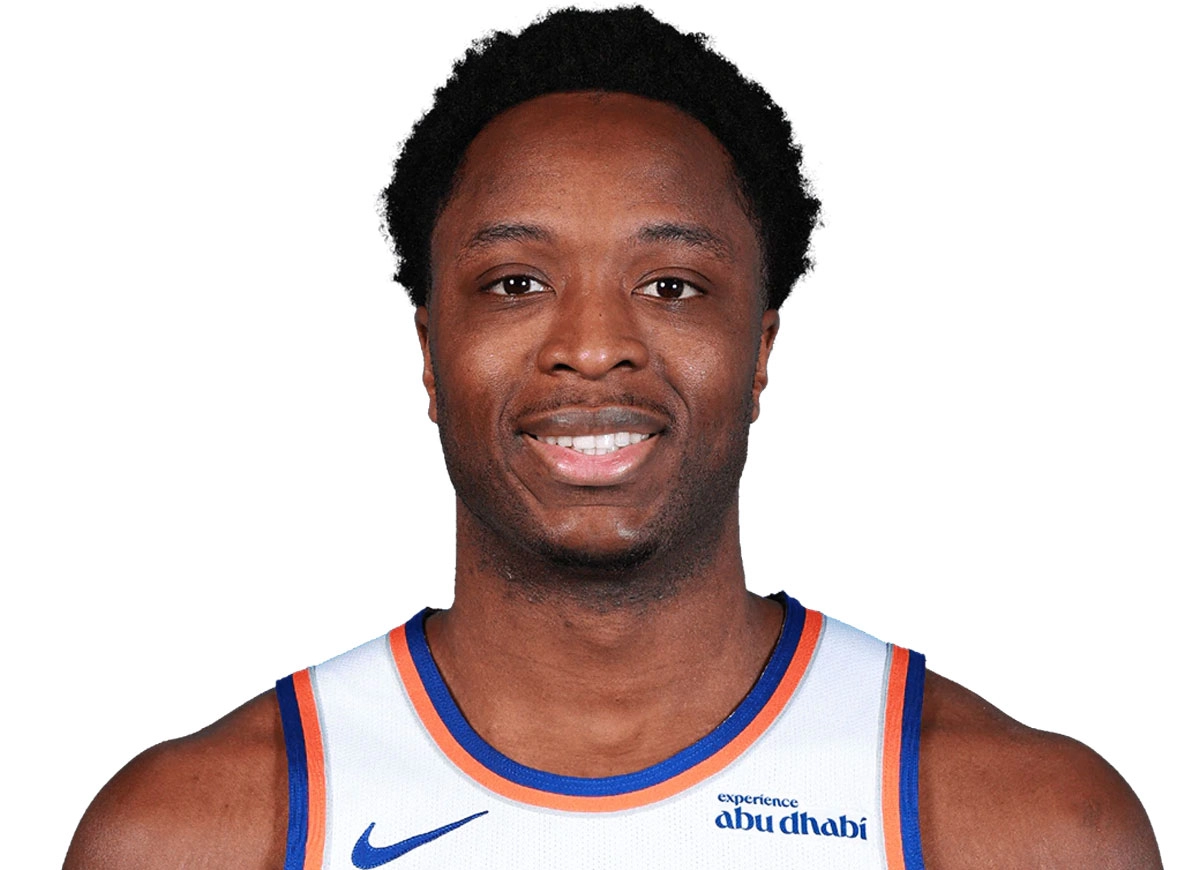Sherlock Holmes: A Game Of Shadows

2.5/5
It happens more often than we care to admit: A promising young director plays too heavily on the stock and trade that made his brand and ends up producing marginal work – one dimensional films that are more a series of gimmicks than worthwhile plot-line. When Guy Ritchie burst onto the scene with Lock, Stock, and Two Smoking Barrels, there was a palpable air of excitement. Here was a new directorial force with a creative and original sense of what comprises a solid crime-genre film. His second film, Snatch, was much the same. Ritchie’s characters were delightfully memorable and unique (Brad Pitt’s unintelligible gypsy brawler, for example), his story lines masterfully complex. Sherlock Holmes represented a departure for Ritchie, in that for the first time he was orchestrating someone else’s music, and that makes it difficult for his more hardcore fans to warm to, not to mention hardcore fans of the literature less than impressed with this interpretation.
The first Ritchie Sherlock Holmes was so-so, but boasted a few engaging sequences. The action was fresh and exhilarating; Ritchie’s manipulation of time and space during fight scenes was characteristic of his style and exciting to watch, and Robert Downey Jr., as always, was a treat, drawing it seems from an inexhaustible well of biting wit and bright foppishness. However, in no way is this sequel a notable or progressive entry in Ritchie’s oeuvre as a director, and instead arrives as essentially a carbon copy of the first go around. Both entries are entertaining, yes, profitable too, but it appears as if Ritchie has dare we say it – sold out. He’s taken the techniques he cut his teeth on and ratcheted them up in full faith that this was the type of Guy Ritchie movie the public really wanted. And it worked, commercially, but at the same time leaves devoted fans feeling like the auteur is now nothing more than a very, very competent technician.
If you can remember the first Holmes then it’s not much of a stretch to imagine the second installment of the franchise. Sherlock Holmes: A Game of Shadows takes the few saving graces from the first flick, and simply amplifies and repeats them. Now for every jittery slo-mo jump cutting action sequence, there are two. For every snide wisecrack exchanged between Downey Jr. and Law, there are whole handfuls of narcotic-tinged quips and sober admonishments, respectively.
This isn’t to say that these parts of the movie aren’t downright giggle-inducing or genuinely exciting, because they are. The dialogue between Downey Jr.’s Holmes and Law’s Dr. Watson is efficient and leaves little air, providing a textbook example of character foils. The sequence in which Holmes and Co. are fleeing through the forest dodging artillery shells, as well, is a display of impressive technique. The problem is, fancy camera work does not a good movie make.
The clearest example of Ritchie’s faulty reliance on a few choice gimmicks pops up at the very beginning of the movie. Holmes is about to engage in fisticuffs, but before he does he visualizes the fight, move-by-move, much like a chess player anticipating how a game will unfold. Admittedly, it’s interesting, if at least as a concept, and does seem to build on the style of the first movie. But the magic wears off quickly, almost instantaneously, as nearly every fight in the movie adheres to this formula. What’s more frustrating on a practical level is that essentially the audience sees the same fight repeated twice, just with different editing and a voiceover, not to mention the fact that Holmes is given a supernatural advantage in a world where chaos and spontaneity don’t seem to exist.
As far as plot goes, A Game of Shadows is bland fare, your standard Hollywood cash cow (Ironically, drawing in $21 million over the holidays—not even half of what the original took in) ripping one trite page after another from the detective/spy repertoire. The villain, James Moriarty (Jared Harris), only wants the obligatory “Armageddon” with the flimsy excuse of making a profit off the arms market. Holmes and Dr. Watson traipse across the European countryside trying to unravel what we’re expected to believe is a intricate web of conspiracies, picking up a gypsy here and dodging incompetent henchman there. It’s not hard to see past the thin veil attempting to mask what really is driving Ritchie’s Holmes: just a lot of Steampunk bang, broken bones, and a healthy dose of bromance.
Considering the shoddy plot line, Ritchie’s actors give performances that deserve commendation. As questionable as Moriarty’s motives are, Harris deftly encapsulates an evil genius. His bitterness and cynicism barely contained, shimmering just below his grimace, insinuating a frightening balance between calculation and volatility. Robert Downey Jr. of course gives a dependable performance, much of what we’ve come to expect from him. His bleary-eyed, spun out Holmes may have done for the character what Daniel Craig did for Bond.
Jude Law, while not making any really big waves, reprises his role of steady and sober Watson – nothing astonishing, but still solid acting. Stephen Fry gives an affable show as Holmes’ brother, Mycroft, but as a minor character he is clearly situated for comedic relief. However, posing an enigma is Naomi Rapace’s gypsy queen, Madam Simsa. This is her first English-speaking role, but her character still feels underutilized and out of place.
For all Guy Ritchie’s swashbuckling flash, A Game of Shadows is undeniably an entertaining movie, one suitable for a few quick thrills, that is of course if you’re willing to put aside any expectation for a transcendent theater experience, which at this point no one expects from Ritchie. But that’s also precisely why A Game of Shadows is such a disappointment. Any hopes for the next great Ritchie movie must now be squelched. No more rollicking buddy-crime affairs with more twists and turns than a London back alley or seedy characters, and no more Ritchie-esque stylization outside his predictable action sequences. Sadly, it seems Ritchie has gone the way of Michael Bay, if Bay was ever truly talented.
RELATED ARTICLES
Get the most-revealing celebrity conversations with the uInterview podcast!





Leave a comment